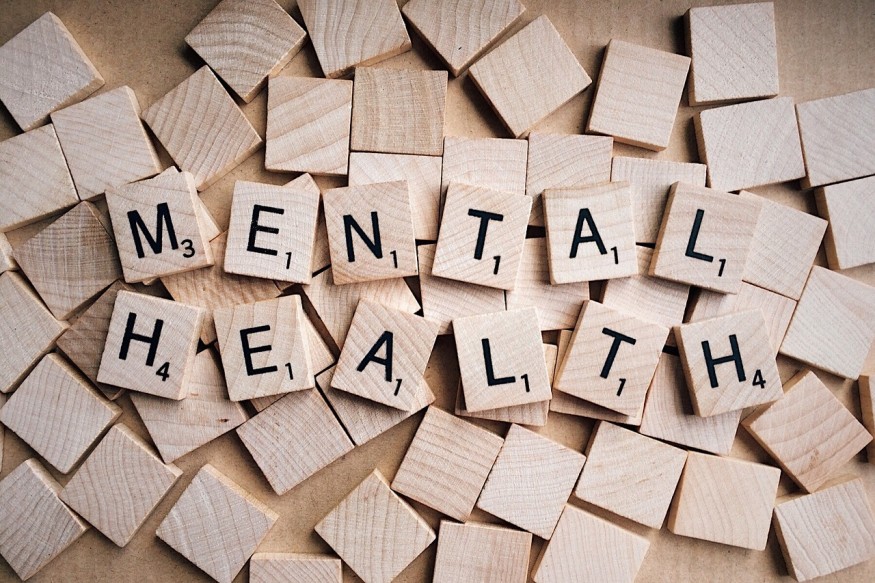
A groundbreaking study led by the University of Sydney has unveiled a concerning trend in Australia's mental health landscape. Contrary to popular belief, the decline in mental health isn't confined to the youth of Generation Z but spans across several generations, marking a significant shift in the nation's psychological well-being.
The research, published in the prestigious Proceedings of the National Academy of Sciences (PNAS), meticulously tracked the mental health of Australians over two decades, from 2001 to 2020. Utilizing data from the Household, Income and Labour Dynamics in Australia (HILDA) survey, which encompasses 9,000 households, the study offered a comprehensive view of mental health trends across different birth cohorts.
Dr. Richard Morris, the study's lead author and a senior research fellow at the University of Sydney's Faculty of Medicine and Health, emphasized the gravity of the findings in a University of Sydney press release: "Much of the focus to date has been on the declining mental health of school-aged children and adolescents, where we expect their mental health to eventually improve as they enter adulthood. But this study shows this pattern is changing and that it is not just the kids we need to worry about."
The study's alarming revelation was that individuals born in the 1990s were experiencing poorer mental health compared to previous generations at the same age. Furthermore, these younger cohorts were not displaying the expected improvements in mental health as they age, a pattern previously observed in older generations. This decline also significantly affected those born in the 1980s and, to a lesser extent, the 1970s.
Professor Nick Glozier, a senior author and consultant psychiatrist, acknowledged via the University of Sydney the robustness of the findings but also noted the complexity in pinpointing the exact causes of this decline. He suggested that a shared experience, likely impacting all age cohorts since 2010, could be at the root of this phenomenon, with younger people being the most affected.
The researchers proposed several potential factors contributing to this trend, including the rise of social media, changes in physical activity and sleep patterns, climate change and shifts in the nature of work. While these factors might mirror broader societal changes, the study did not conclusively link them to the observed decline in mental health.
This research provided an essential foundation for further analysis. It underscored the need for a deeper understanding of the societal changes impacting mental health, particularly among young people. The aim was not only to grasp the extent of this issue but also to inform strategies that could mitigate this trend and protect future generations.
